2018.7.12
Kwansei Gakuin University and Benesse: The state of HR development for senior business #2
“To know welfare is to know contemporary Japan”: student viewpoints and issue awareness
Kwansei Gakuin University’s School of Human Welfare Studies and Benesse Style Care began a course in April 2018 supported by donations from Benesse Style Care titled “Issues and Prospects for the Senior Nursing Care Business in Japan,” with the aim of developing personnel that can provide new service value and propose new operations for the senior business. Here we present a report on initiatives at the nursing care frontline.
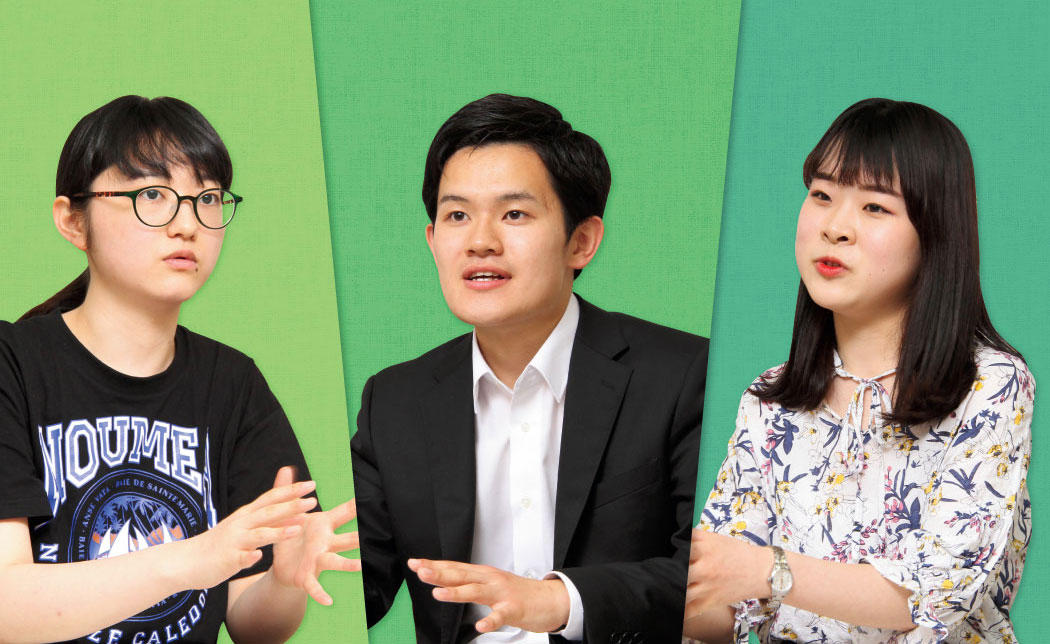
The course supported by private donations titled “Issues and Prospects for the Senior Nursing Care Business in Japan” established by Kwansei Gakuin University’s School of Human Welfare Studies and Benesse Style Care aims to develop personnel that can provide new service value and propose new operations for the senior business. It could also be called an opportunity for workers on the business frontline to talk with university students about the format of “future society” and “the future of senior nursing care.” So what are students taking away from the course and how do they feel about it? Here we report on a workshop held in the middle of the course and hear students views.
Submitting their own proposals direct to company employees. A chance to experience the reality of society.
The workshop was the seventh lecture in the course, and was based on the findings and impressions from the previous week’s visit to a Benesse Style Care senior nursing home. Students were separated into small groups and after detailing their observations and feelings about the home, worked to come up with proposals about what might be done better. In order that discussion did not get off track and to direct them toward a common goal, the students were given a set of cards developed by the company which detailed “A Pattern Language Shaping a Desirable Environment for the Elderly.”

Each of the 65 cards features a different tip for creating a comfortable environment at a home. The group members looked at the cards and discussed whether the advice on the card was in line with what they saw or whether more effort was needed.
The students came up with a variety of opinions and ideas for making a comfortable nursing home, including “There was a big table in the living room, but this was not being used to best effect.
Why was that?” and “This card says that residents can make a space in line with their own goals and feelings and “We want them to find what they like”, but there probably needs to be a more diverse range of furniture to do that.”
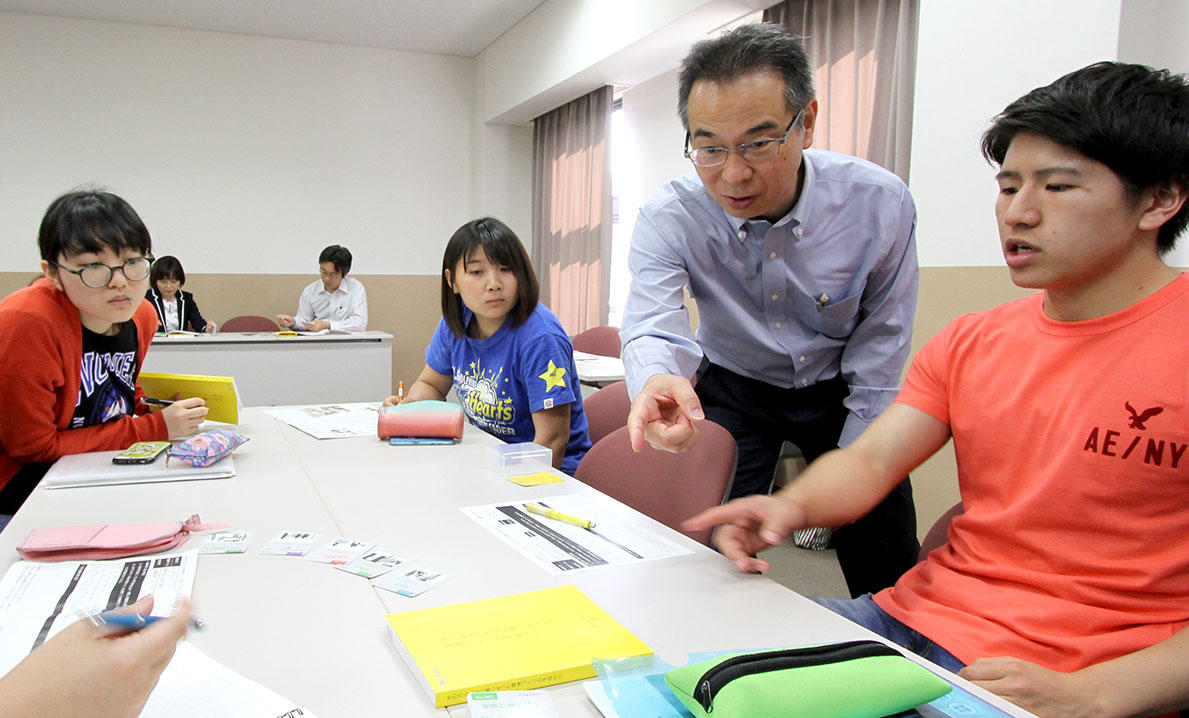
As things heated up, the nursing home professionals weighed in with questions and provided more information, and lively discussions continued on right up to the time limit. In the final presentations, each group detailed the aspect of the home they had focused on, and outlined proposals for creating a more comfortable environment, such as “Having a relaxed space to enable free chat” and “Making sure the lighting is at the right level and not too bright to make it easier for people to get together.” The manager of the nursing home welcomed the proposals, saying “Your observations have given us a clearer picture of our issues” and “I’m going to take your ideas back to the home and try to improve things.” It seems that the workshop was also useful to the company.
A senior business case study that changed student’s negative preconceptions
So what did the students think about this unique course that gave them direct access to a company? We asked them how it had changed their perception of issues and impressions of the senior business.
3rd year Human Welfare Studies student Mana Miyagawa said:
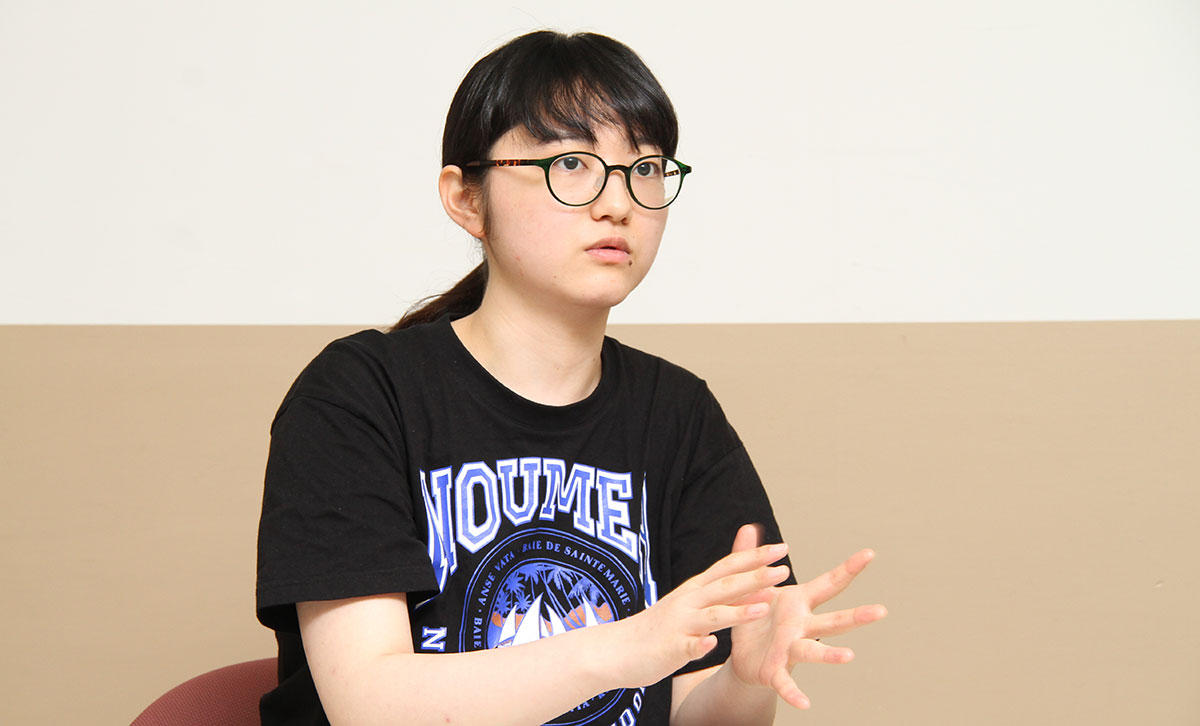
“I had a negative image of nursing care as low-paid with long working hours. In this course I have been able to hear what Benesse Style Care thinks as a company that actually operates homes and how it approaches the senior business. I also want to know about how to make an environment that makes staff want to Continue working there. We also got a look at things like the lifestyle inside the home, and the thing that impressed me most was how much effort the staff put into finding a “memorable song” for dementia patients with few verbal or expressive capabilities. I was surprised at how far staff went to bring a smile to residents’ faces. My image of nursing care has now changed to a positive one in which theory and ideals learned at school are put into practice in actual senior business."
4th year Human Welfare Studies student Yuki Nishikawa said:
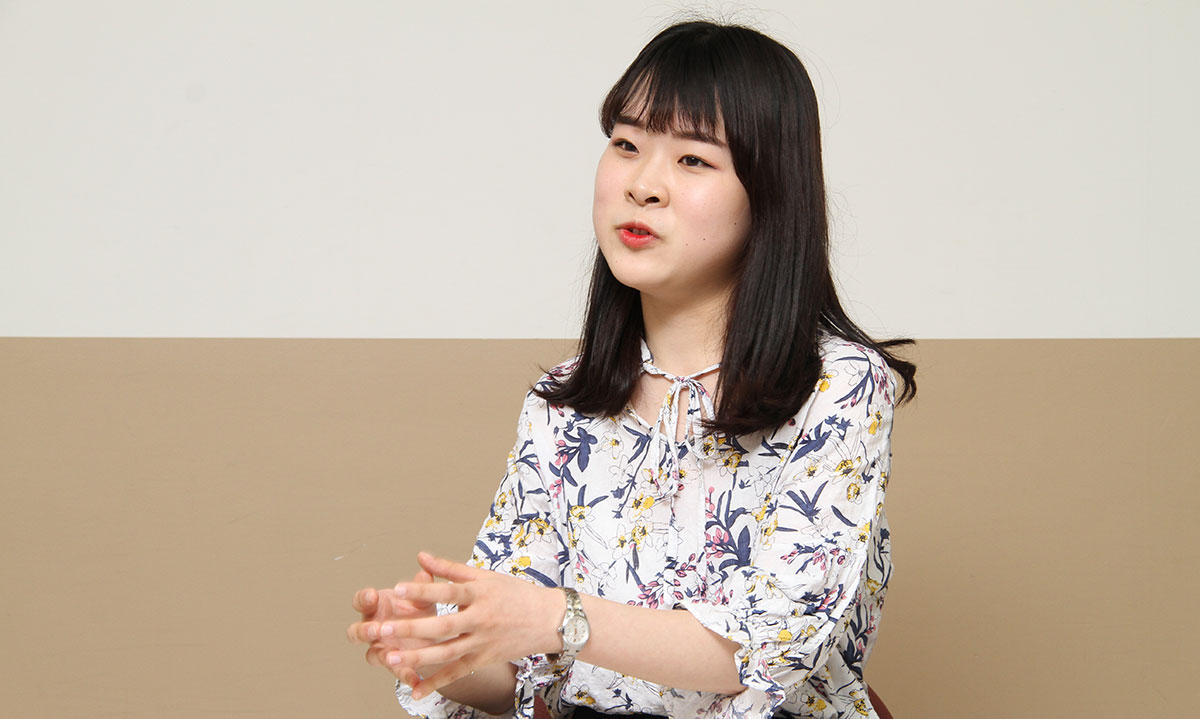
“My view on nursing care has been broadened by seeing how the satisfaction of home residents and their families is influenced not only by the human level of support received, but also by what measures have been applied to the living spaces built into the design level of the home. I believe that to know welfare is to know contemporary Japan. Although it is something that everyone should be aware of, I have doubts about whether most people understand the reality. If there were more chances to see it close up, I think people would begin to think at an earlier stage about the care of grandparents and parents and this would lead to more preventative care. This is something that people in younger generations like me need to learn about as we are the ones who will be supporting the future.”
4th year Human Welfare Studies student Ryosei Asai said:
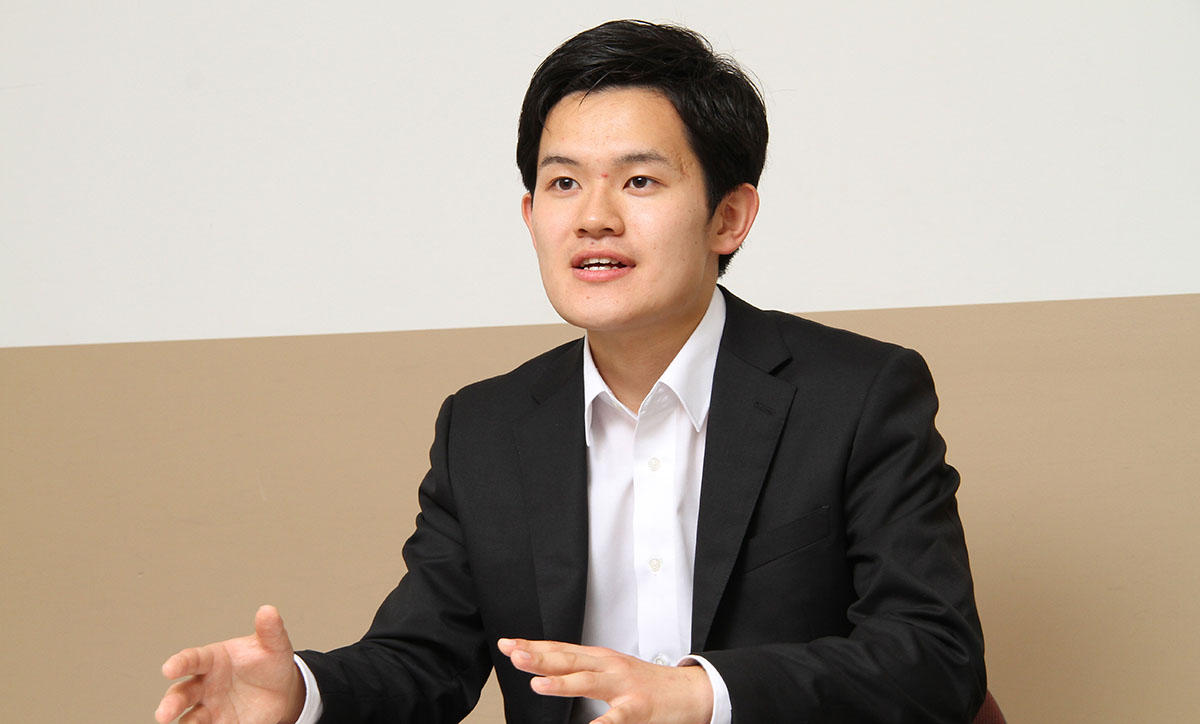
“I took the course as I was interested in learning what “senior business” actually means. I had a preconception that a nursing care home was a tough place for those who work there and a special place that most residents did not want to end up in if possible. However, I was able to learn about not only the operating principles and methods used at Benesse Style Care homes, but also that a senior care home is a very natural place that forms part of life, and that spending time there does not change ideas of for whom and why to live. I believe that learning from people at the company was a good opportunity that will enable us to connect the things we learn at university to society.”
Kwansei Gakuin University and Benesse: The state of HR development for senior business
#1 Creating leaders for senior business development: Thoughts on lectures by professionals at the frontline
#3 Developing the ability to shape society. The Department head’s hopes for students.
Related websites (Japanese version only)
- Benesse Style Care
https://www.benesse-style-care.co.jp/
